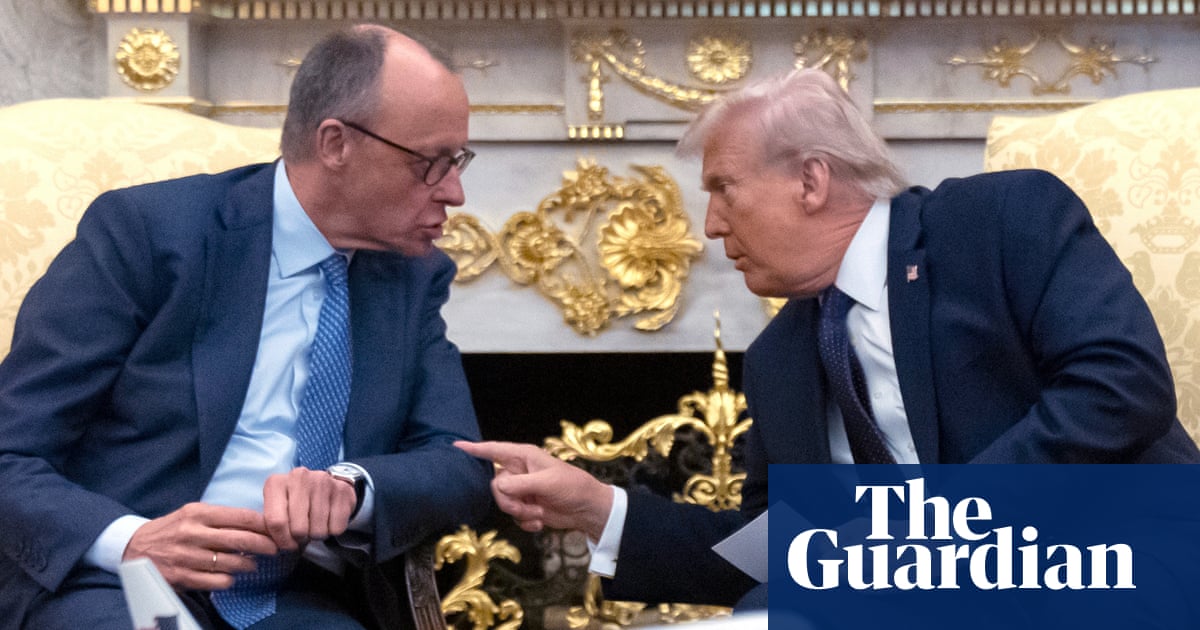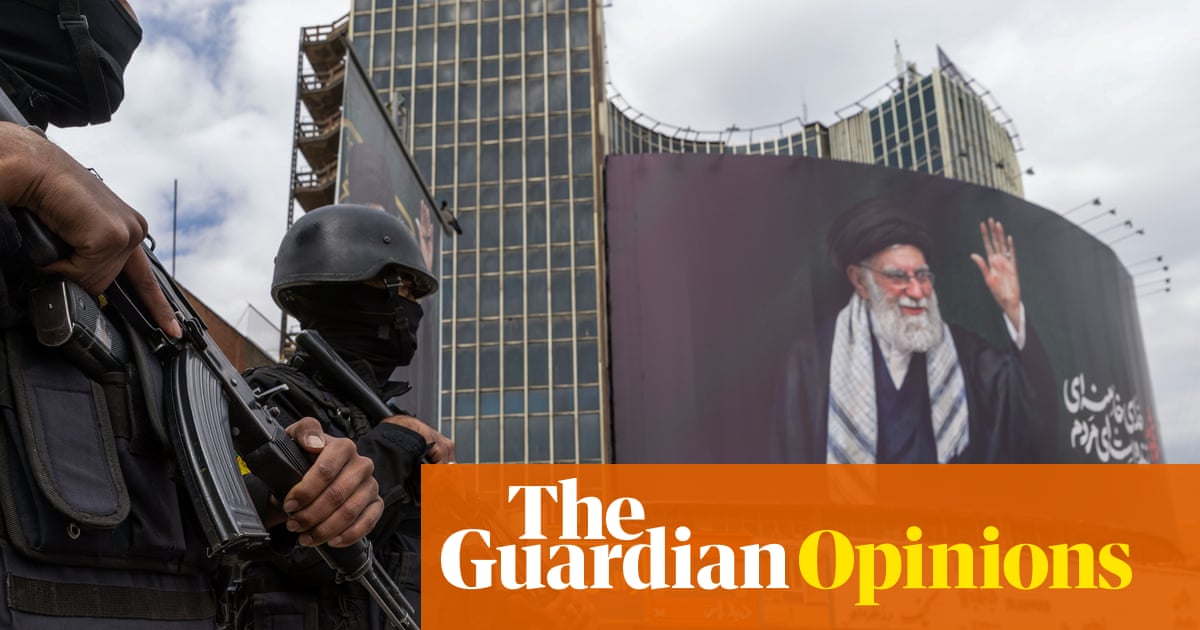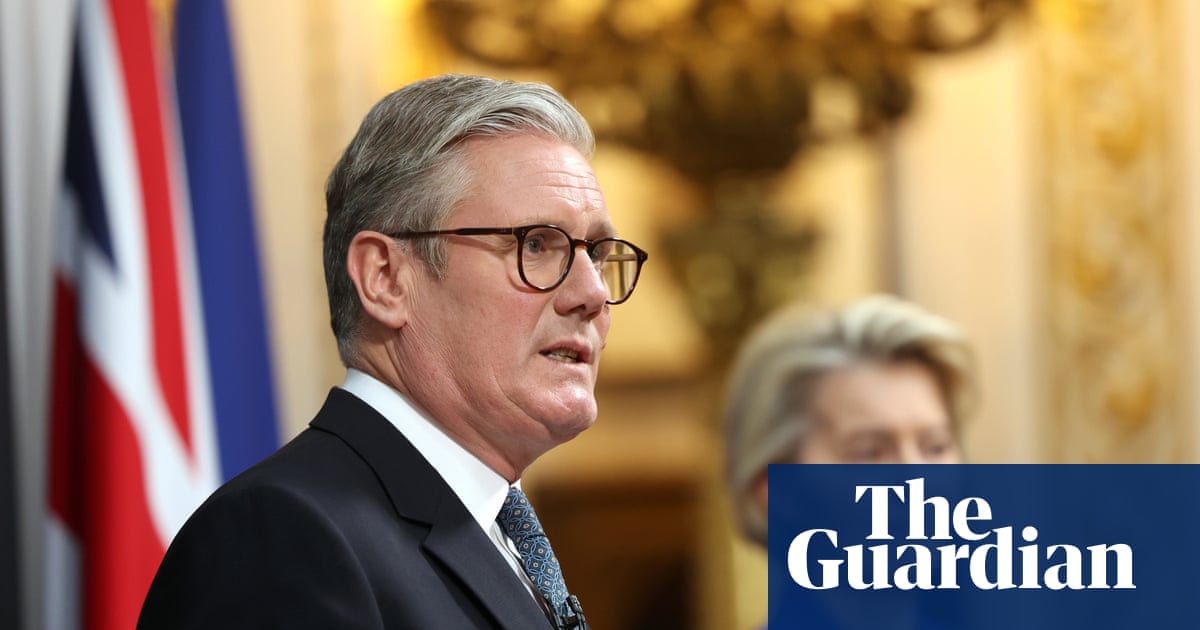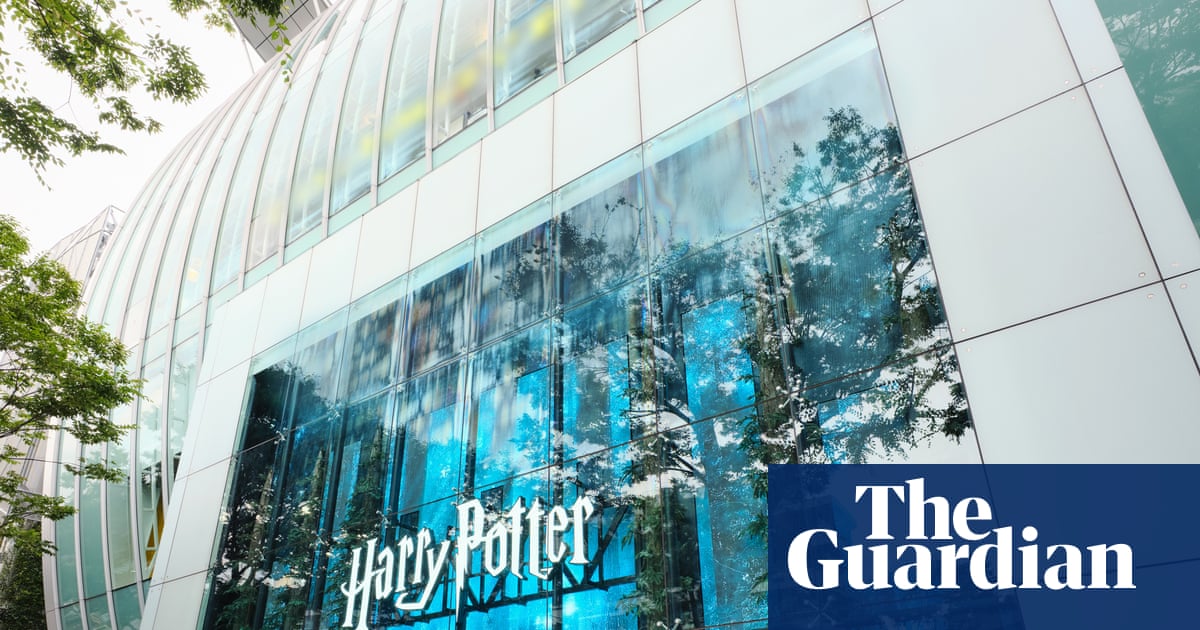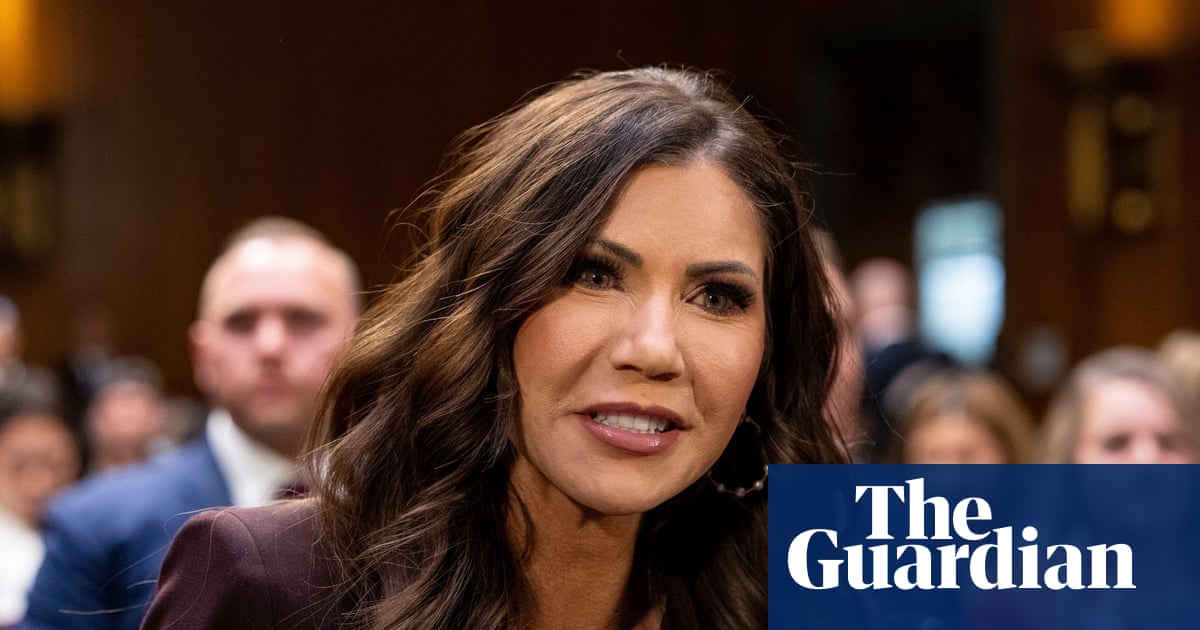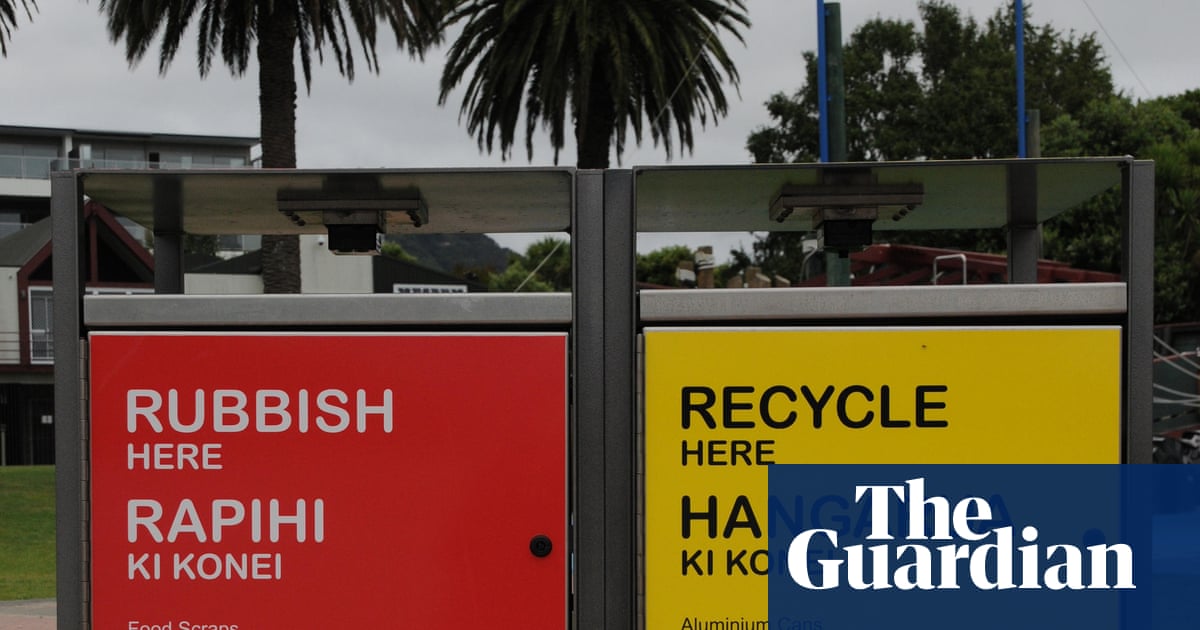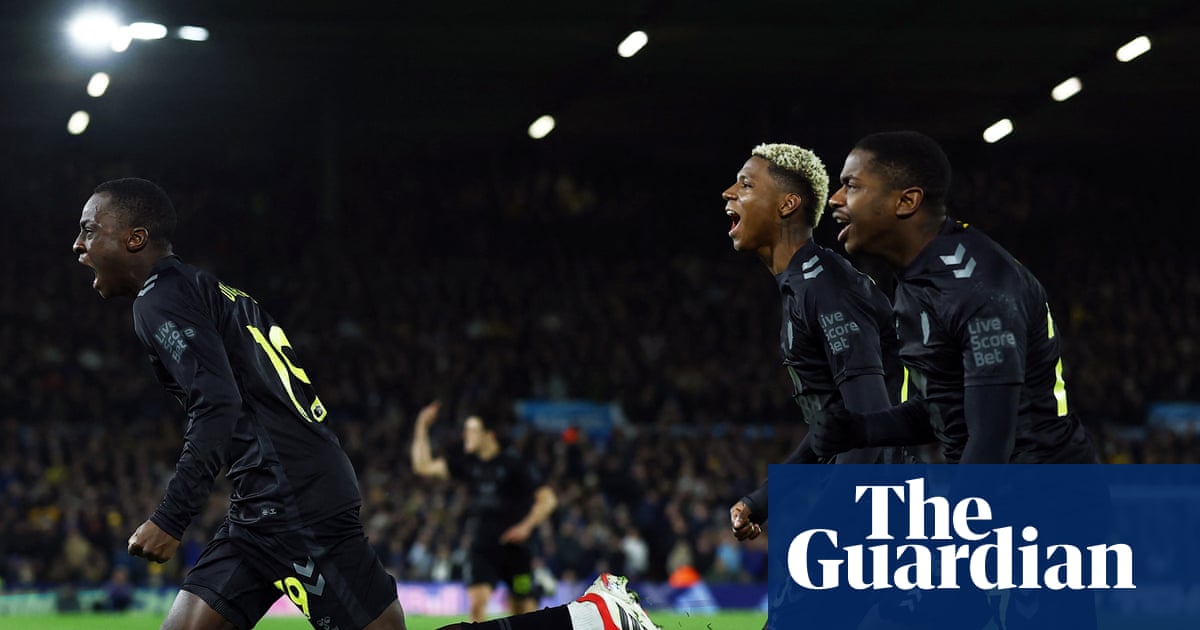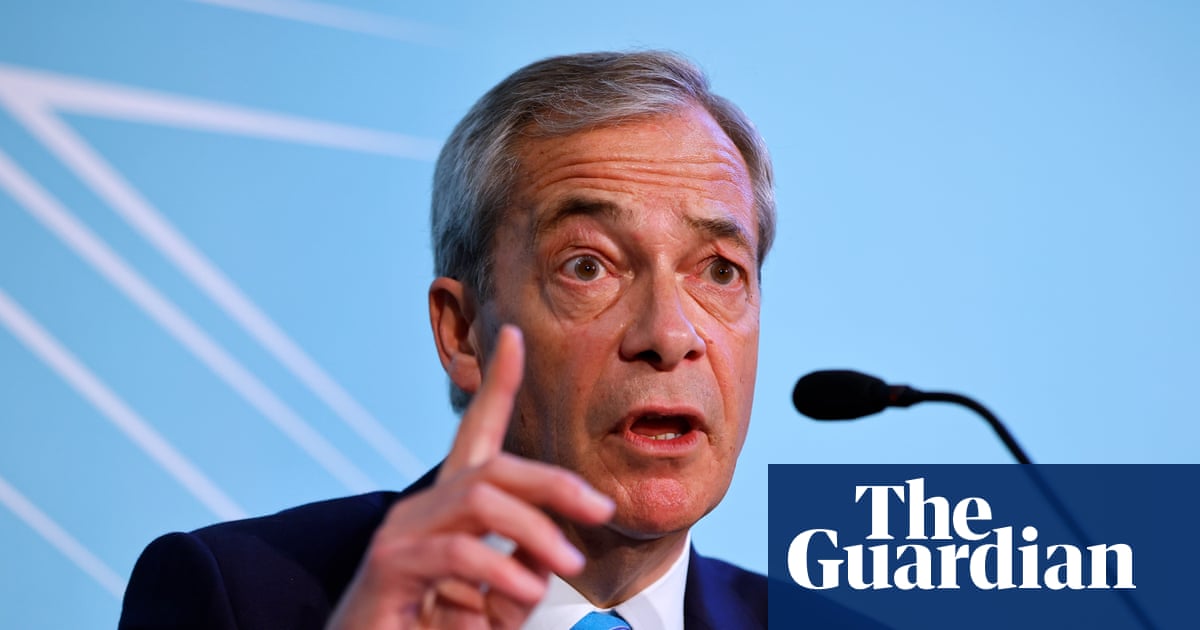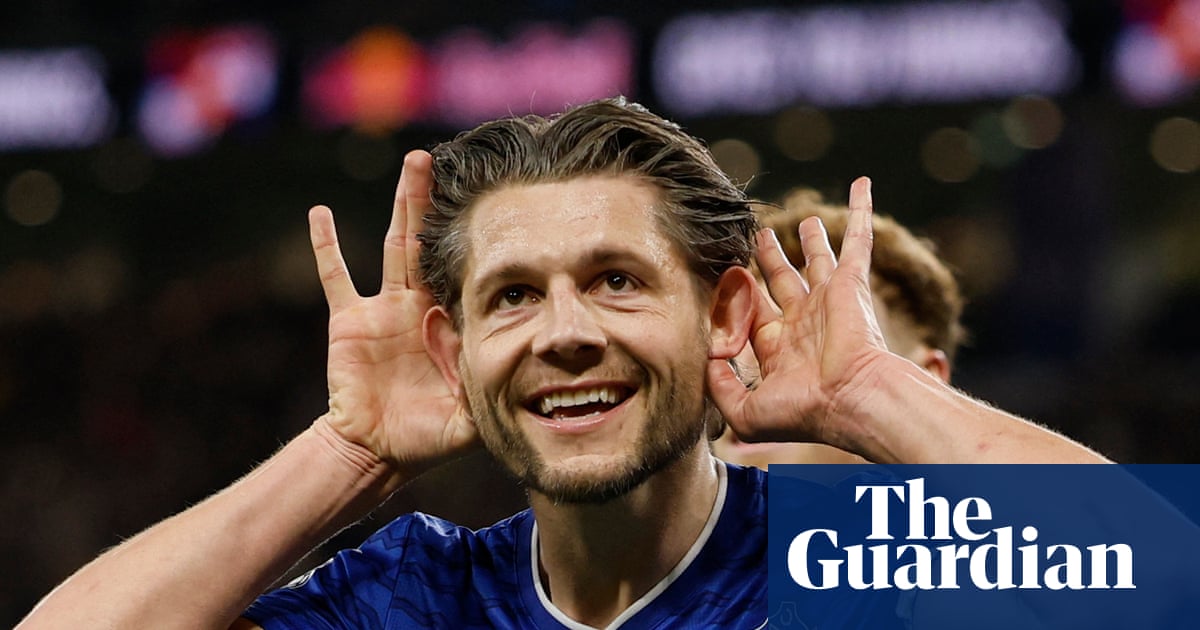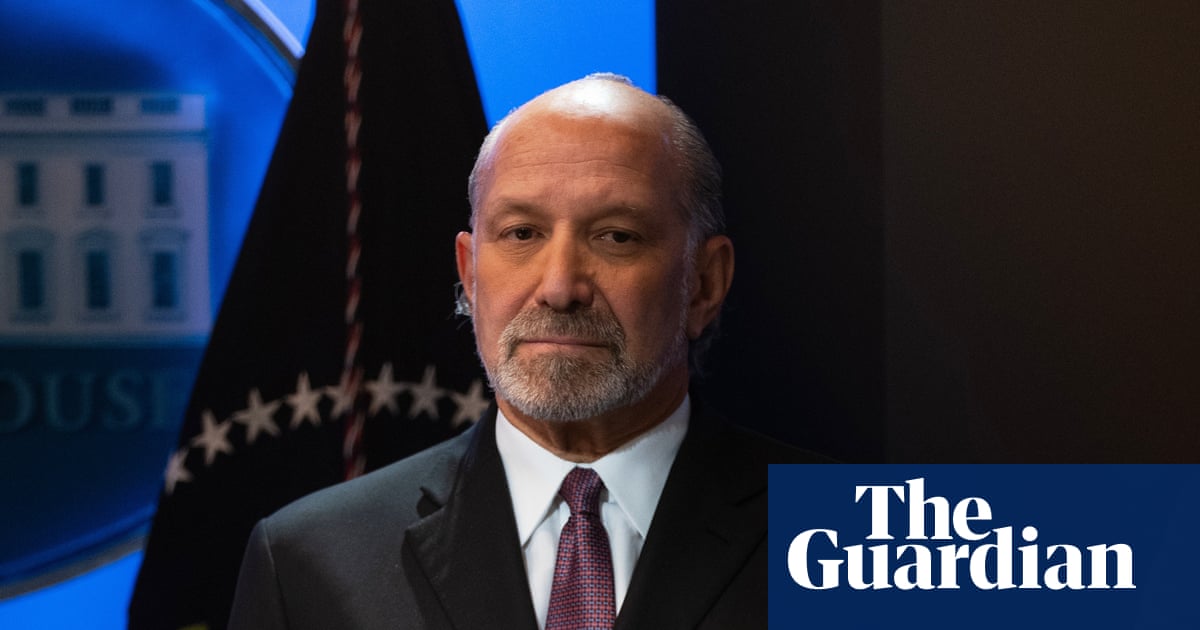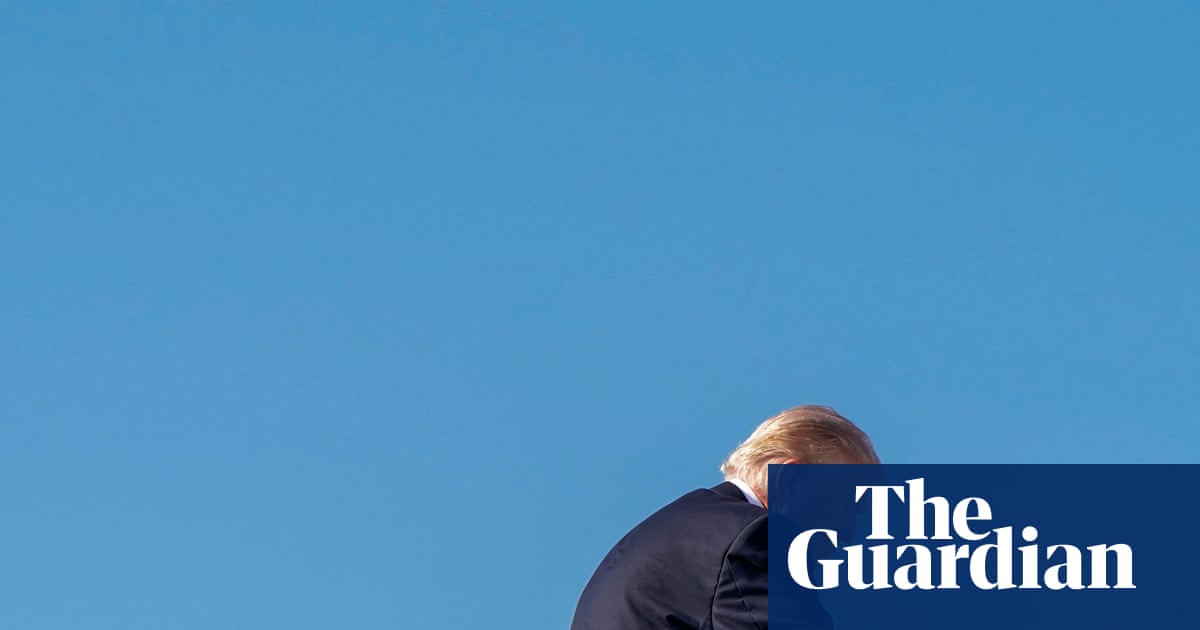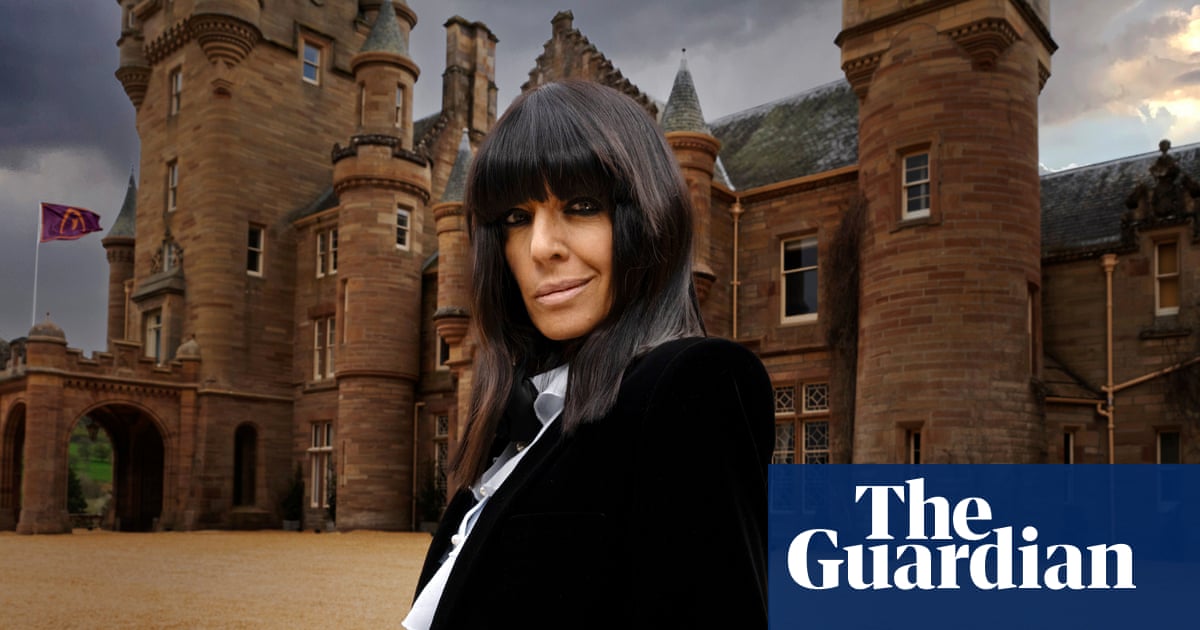Volodymyr Zelenskyy may be a wartime leader, but he is fighting to deliver peacetime ambitions, too: he wants Ukraine to become an EU country – soon.
Ukraine’s tireless president is ramping up pressure on EU governments to accelerate the slow process of joining: he sees the collective sacrifice of his people as a struggle “for the Ukrainian future, the future of Ukraine in the European Union”.
That dream of 40 million Ukrainians gaining EU citizenship is – theoretically – shared by the club itself. No Brussels meeting these days is complete without Ukraine’s inclusion being referred to as a “geopolitical imperative”.
This language casts Ukraine’s survival and Europe’s future security as two sides of a coin. Yet, for years after the 2004 “big bang” that ushered in 10 former eastern bloc states, there was zero appetite for new members, least of all Ukraine. Putin’s tanks changed all that – within months of the illegal 2022 invasion, Kyiv had applied for, and been granted, “candidate country” status. A year later, European governments took the momentous decision to open accession negotiations with a country at war, albeit without a timeframe. Neighbouring Moldova, the former Soviet republic feared to be next in Putin’s sights, vaulted to the top of the queue along with Ukraine.
Last week, the European Commission published its official review of the state of play of 10 applicant countries, and placed Ukraine and Moldova, among four frontrunners, alongside Albania and Montenegro. Kaja Kallas, the EU foreign policy chief, said it was a realistic goal that these four could all be in the EU by 2030.
Ukraine’s positive verdict is objectively impressive. Russian airstrikes are hammering its energy grid nightly, its exchequer is almost empty and millions of its people are refugees, figuratively camped out elsewhere in Europe. Its negotiators are often literally in bunkers. But in Brussels, officials are upbeat about the huge reform effort being undertaken in Kyiv despite continued worries about corruption. Details of an alleged scandal at Ukraine’s state energy operator are still emerging. Nevertheless, they say, negotiations could be complete by late 2028. Talks with tiny Montenegro and Albania could be done by 2026 and 2027, respectively.
Not so fast
There is, however, a sobering reality gap: the EU executive does not decide who gets in. The 27 existing EU governments do, and they must agree unanimously through each phase. And, at least for now, the EU’s resident autocrat Viktor Orbán is blocking the formal opening of negotiations with Kyiv. And because Moldova is bundled with Ukraine, it too is stuck.
All eyes are on elections in Hungary in April, which could unseat Orbán. But other EU governments with domestic political concerns may be hiding behind Hungary. With far-right parties surging in France, Germany and already in government elsewhere, the broader context for Ukraine’s acceptance is daunting.
Analysts note about a gap between verbal commitments and real intentions. “I am not convinced that many countries in the EU really want Ukraine to be a full member, for different reasons,” says one close observer of the process. “And it is a tragedy: because the EU would win the lottery by bringing in Ukraine.”
What are the roadblocks?
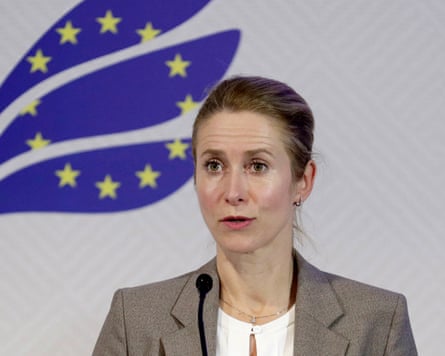
The geopolitical case for admitting Ukraine may be even more pressing in light of Putin’s “hybrid war” on Europe, but given its size and complexity, so are the political and budgetary obstacles. Even when negotiations are completed, ratification by all the 27 member states – some require referendums – is legally required for any new accession. And while public support for Ukraine’s admission is certainly high in Sweden, Finland and Denmark, 41% across the EU oppose it.
Radical right parties are gaining ground and some of them are vehemently anti-European and anti-enlargement. With Marine Le Pen’s far-right National Rally plausibly headed for power in France in 2027, a referendum in France on Ukraine’s membership would be a struggle. Even among pro-enlargement countries, there is trepidation about the costs involved, given Ukraine’s relative poverty and staggering reconstruction needs. A bitter dispute over whether to seize €140bn of frozen Russian assets to bail out Ukraine before it runs out of money in March is still simmering. Poland, Hungary and Slovakia, meanwhile, worry that their farming economies will suffer if Ukraine, a huge agricultural nation and trade rival, gains eligibility for farm subsidies.
after newsletter promotion
Enlargement more broadly, it is feared, could destabilise rather than strengthen the EU, unless internal reforms are first carried out to avoid paralysis in a club of 30-something nations. But that could take years.
Hearts, minds and Trojan horses
Officials in Brussels may have creative solutions to Orbán’s veto such as “front-loading”, where negotiations could begin informally until Budapest’s veto is lifted.
There is talk, too, of writing tough new legal safeguards and long probationary periods into new accession treaties to reassure sceptics. Nobody wants new members that on paper appear to operate the rule of law, but who turn out to be “Trojan horses”.
PR campaigns and “narratives” to win the hearts and minds of citizens in both the existing countries and the applicant states are planned. It is clear, however, that raising hopes and then leaving millions of people in limbo indefinitely carries dangers. As the Moldovan president, Maia Sandu, who in September overcame Russian interference to score a remarkable pro-EU election victory, warned last week: “If we don’t deliver in the next three years … then what’s going to be the message to the people?”
Zelenskyy used an exclusive interview with the Guardian’s Luke Harding on Sunday to stress the risks of Russia going to war against another European country before the Ukraine war ends. He also stressed Ukraine’s resilience at a perilous juncture, and his love for his compatriots. “I think that [Ukrainian] people are held together by something greater than just logic.”
Something greater than logic may be what Europe needs, too.
To receive the complete version of This Is Europe in your inbox every Wednesday, please subscribe here.

 3 months ago
88
3 months ago
88

